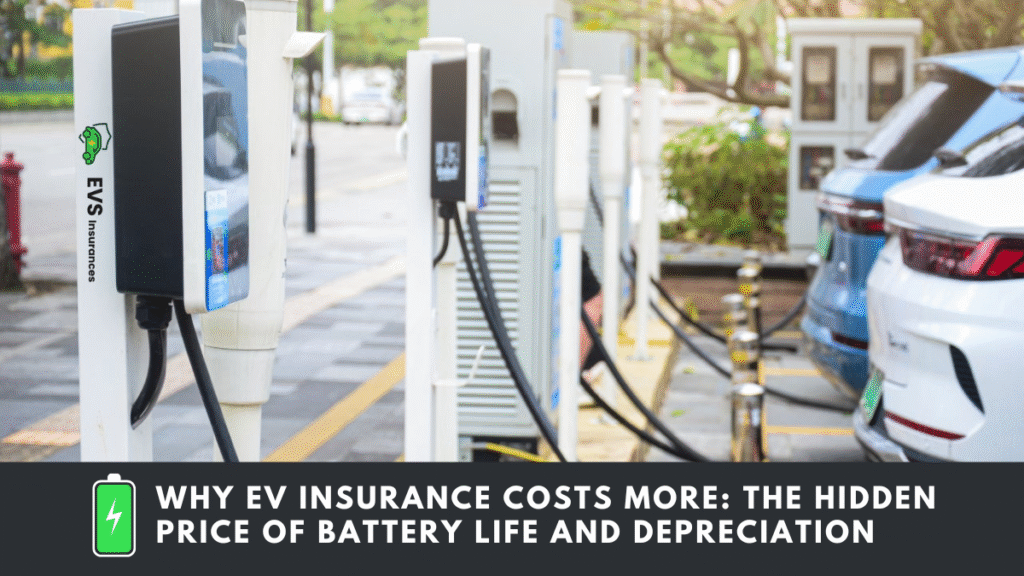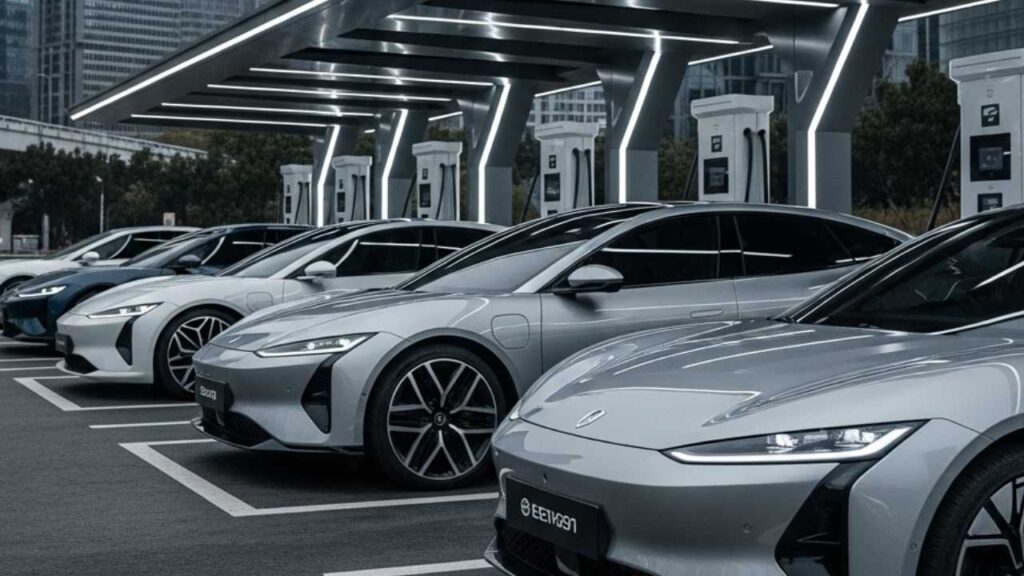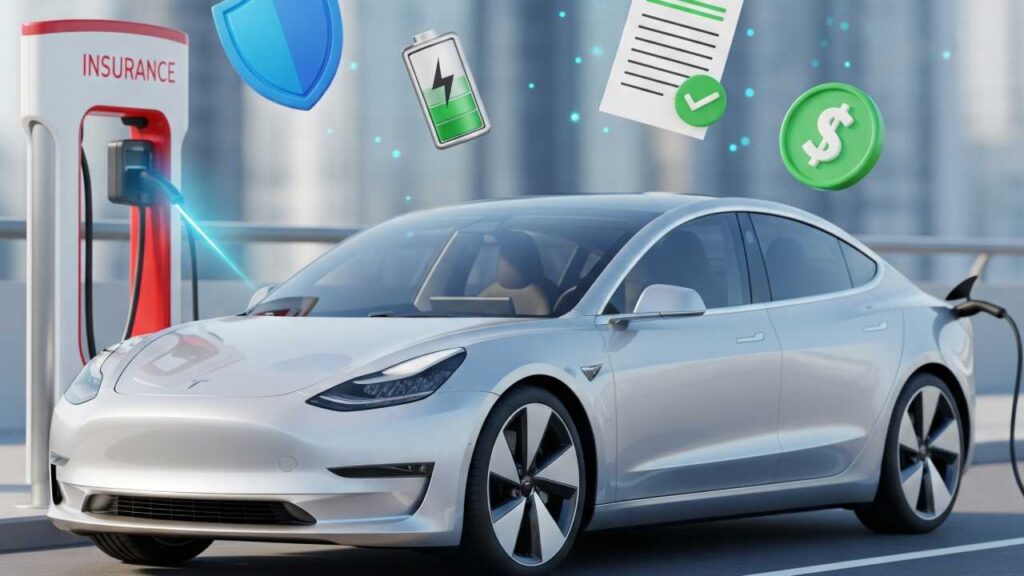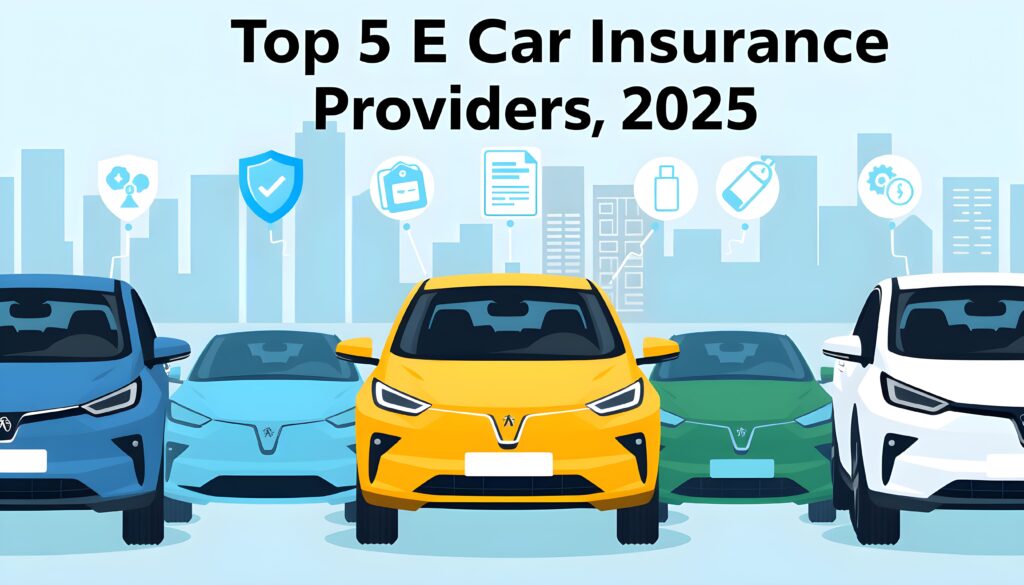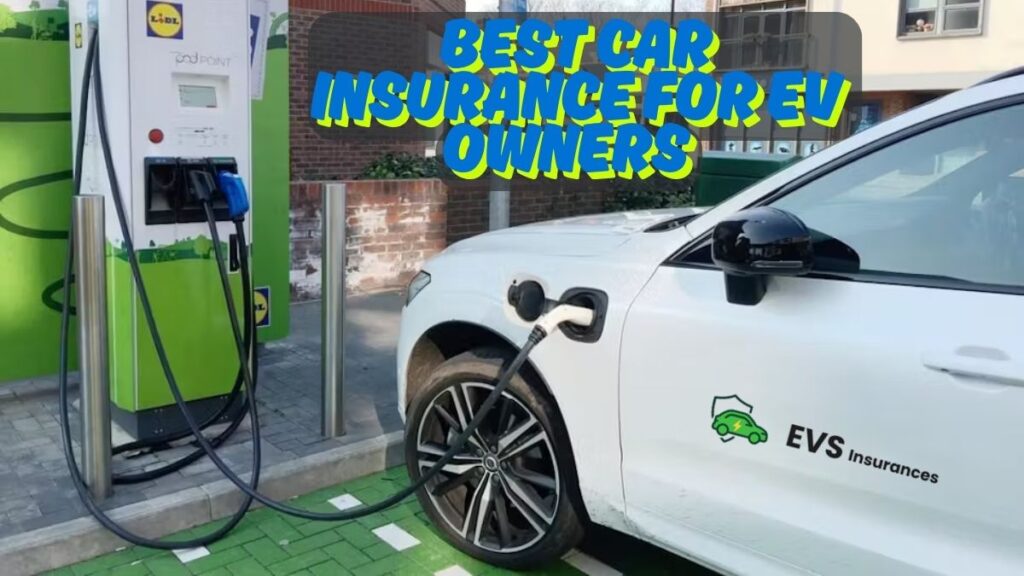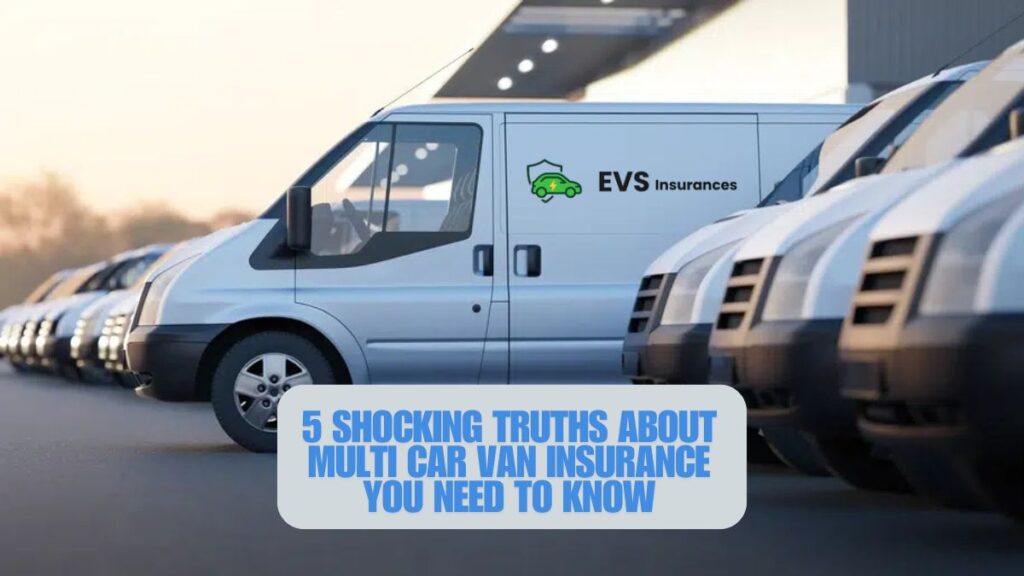Introduction
Electric vehicles (EVs) are becoming a common sight on Indian roads. Whether it’s the Tata Nexon EV, MG ZS EV, or luxury models like Tesla and BYD, we’re seeing them pop up in cities like Mumbai and Bangalore. Not long ago, my cousin Rohan asked me an intriguing question:
Why is insurance for electric cars so expensive? Isn’t it supposed to be cheaper since there’s no engine to worry about?
At the time, I didn’t have a solid answer. So, I decided to dig deeper—and what I found might surprise you.
EV Batteries & Why They Worry Insurers
Let’s say you buy a new EV for $18,000. Out of that, up to $9,500 or more is just the cost of the battery. Unlike traditional internal combustion engine (ICE) vehicles, where the engine is part of a broader system, in EVs the battery is the most expensive and essential component.
EV batteries usually come with warranties of 8 years or 93,000 miles. After that, performance begins to decline. A 250-mile range may shrink to 100–120 miles, depending on usage.
This significantly impacts resale value. If you plan to sell your EV after 5 years with a degraded battery, expect a serious value drop. This uncertainty around long-term performance makes insurers cautious.
EV batteries usually come with warranties of 8 years or 93,000 miles. After that, performance begins to decline. A 250-mile range may shrink to 100–120 miles, depending on usage.
This significantly impacts resale value. If you plan to sell your EV after 5 years with a degraded battery, expect a serious value drop. This uncertainty around long-term performance makes insurers cautious.
High Repair Costs: Why Even Minor Damage Hurts
Imagine driving down a national highway and getting rear-ended. In an ICE vehicle, repairs might cost a few hundred dollars. But in an EV, the battery—usually located beneath the car—can get damaged. Replacing it could cost anywhere between $6,000 to $18,000, depending on the model.
Moreover, not all workshops are equipped to handle EV repairs. Especially in smaller towns, trained EV technicians are scarce—and expensive.
Studies show that collision repair costs for EVs are 20–30% higher than for petrol or diesel vehicles, and these costs directly impact insurance premiums.
Depreciation: The Value Drop That Hurts Your Wallet
Cars naturally lose value over time, but EVs depreciate f
Example: A 2021 Tata Nexon EV originally priced at $17,000 might now sell for just $8,500. In contrast, a petrol SUV like the Hyundai Creta holds its value better after the same period.
aster—mainly because their value is tightly linked to the battery. Once the battery degrades, buyers are reluctant to pay a high price for a used EV.Insurance companies account for this rapid depreciation. In the event of a total loss, they compensate based on market value, not purchase price. This risk translates into higher premiums for EV owners.
Why Hybrids Are Gaining Ground
This is why many buyers are now choosing hybrid vehicles instead. A friend of mine owns a Toyota Innova Hybrid that gives her excellent fuel efficiency (around 54 mpg), and the backup petrol engine reduces her reliance on battery performance.
Hybrids typically have smaller batteries and better resale value. Their repairs are simpler, and insurance premiums are lower—making them an attractive alternative to full EVs.
Final Thoughts: The Road Ahead for EVs
I’m not against EVs. In fact, I’m optimistic about their future. Technologies like solid-state batteries are expected to extend battery life and reduce costs. Companies are also working on battery recycling, which may bring down replacement prices.
As more EVs hit the roads, insurers will have better data to fine-tune their pricing models. But for now, the economics of owning an EV remain tricky. Higher premiums, expensive repairs, and fast depreciation are real concerns.
Personally, I’m holding off for a while—and leaning toward hybrids instead.
What about you? Would you buy an EV today? Share your thoughts in the comments below.
